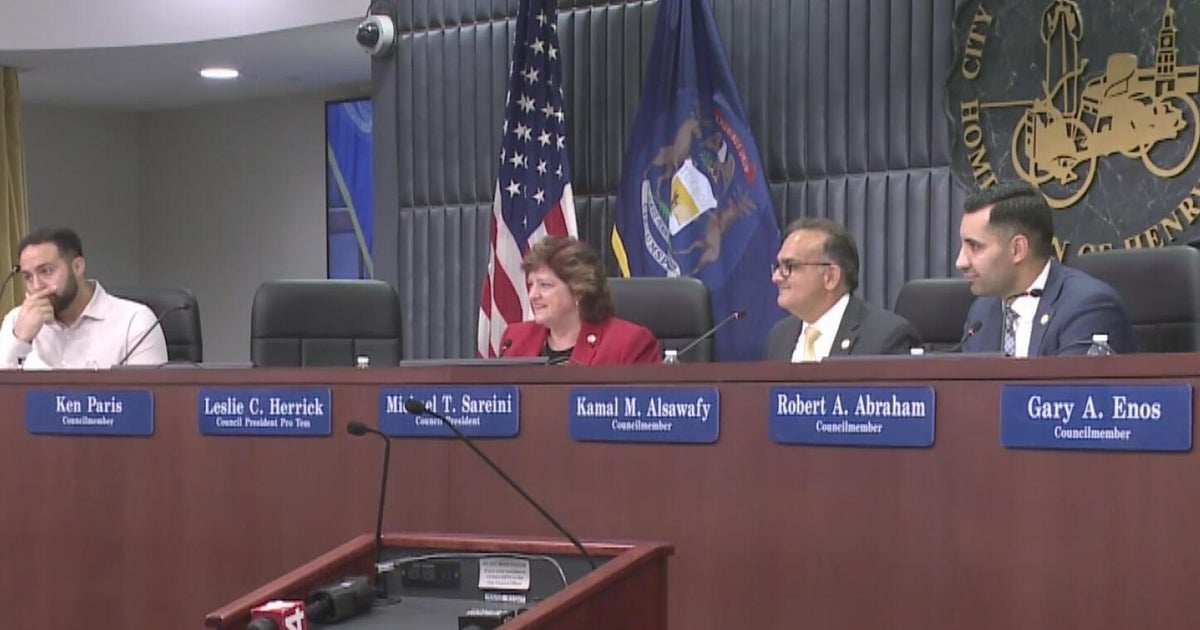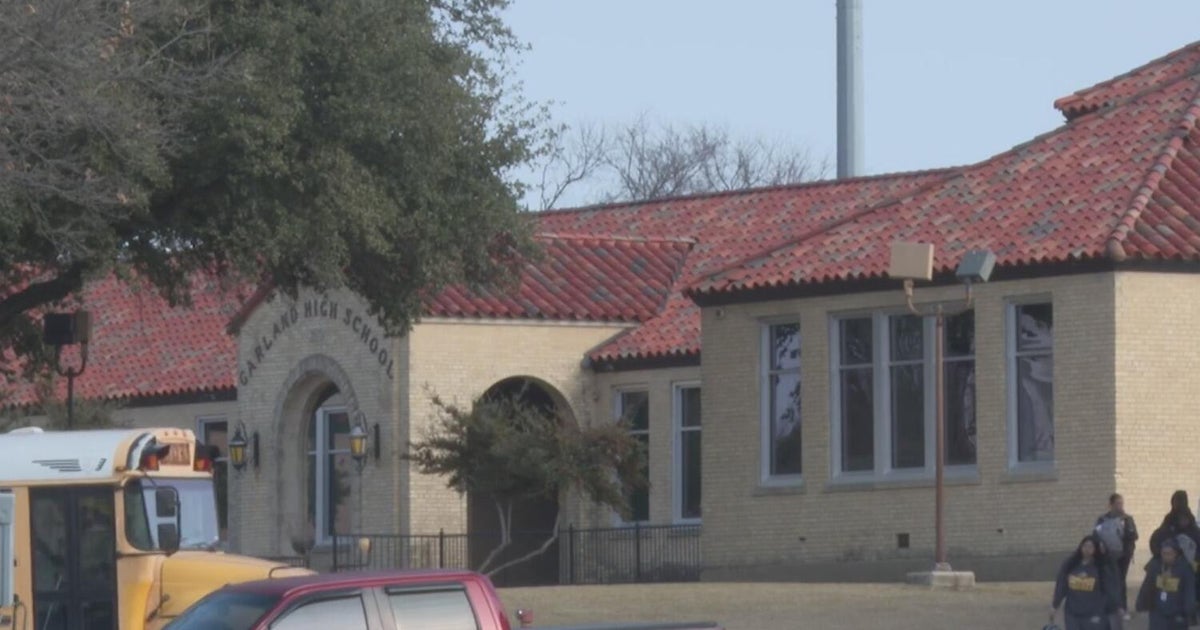U.S. Steel and Nippon Steel sue Biden administration for blocking their $15 billion deal
U.S. Steel and Nippon Steel filed lawsuits on Monday over President Joe Biden's decision to stop the Japanese company's proposed nearly $15 billion takeover of its Pittsburgh-based rival.
In a joint statement announcing the suit filed in the U.S. Court of Appeals for the District of Columbia the steel companies allege that Mr. Biden's Jan. 3 decision to block the deal was made for political reasons that violated their due process.
"Both Nippon Steel and U. S. Steel have engaged in good faith with all parties to underscore how the transaction will enhance, not threaten, United States national security," they stated. "Today's legal actions demonstrate Nippon Steel's and U.S. Steel's continued commitment to completing the transaction."
A second lawsuit aimed at domestic rival Cleveland-Cliffs' CEO Lourenco Goncalves and U.S. Steelworkers President David McCall was filed in the U.S. District Court for the Western District of Pennsylvania, the companies stated.
Mr. Biden moved to halt the acquisition after federal regulators deadlocked on whether to approve it, saying that maintaining a strong domestic steel industry was important for U.S. national security.
"A committee of national security and trade experts determined this acquisition would create risk for American national security. President Biden will never hesitate to protect the security of this nation, its infrastructure, and the resilience of its supply chains," White House spokesperson Robyn Patterson told CBS News in a statement on Monday in responding to the companies' lawsuit.
President-elect Donald Trump weighed in as well, questioning the wisdom of the sale given his plans.
"Why would they want to sell U.S. Steel now when tariffs will make it a much more profitable and valuable company? Wouldn't it be nice to have U.S. Steel, once the greatest company in the World, lead the charge toward greatness again? It can all happen very quickly!" he posted on his social media site, Truth Social.
Yet industry experts question the U.S.-based steel manufacturer's path forward without an infusion of capital from Nippon Steel, which had proposed investing nearly $3 billion in U.S. Steel under terms of the deal.
"With foreign ownership seemingly off the table, we see limited avenues moving forward," Bill Peterson, metals and mining analyst for JPMorgan said in a research note.
U.S. Steel leaders have warned that the company could be forced to curtail its legacy blast furnace investments and shift to cheaper nonunion electric arc furnaces. Further, executives said U.S. Steel may move its headquarters out of Pittsburgh.
Conversely, the United Steelworkers, the union representing 850,000 workers, cheered the administration's move to block the deal.
In December, U.S. Steel said it expected fourth-quarter adjusted earnings of roughly $150 million, undershooting Wall Street forecasts of nearly $262 million. The company reported third-quarter net earnings of $119 million, down from $299 million in the year-ago period. The company's annual revenues, which approached $24 billion in 2008, had slipped to $18 billion by 2023, highlighting its struggle to boost sales.
Shares of U.S. Steel were up 4.5% in early trade on the New York Stock Exchange.







